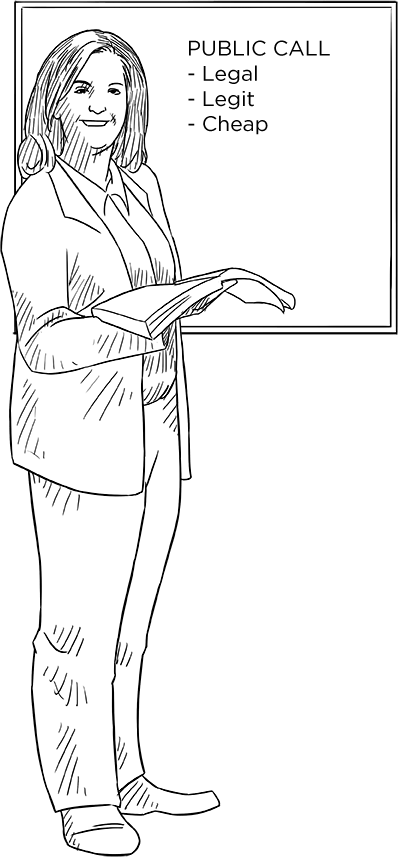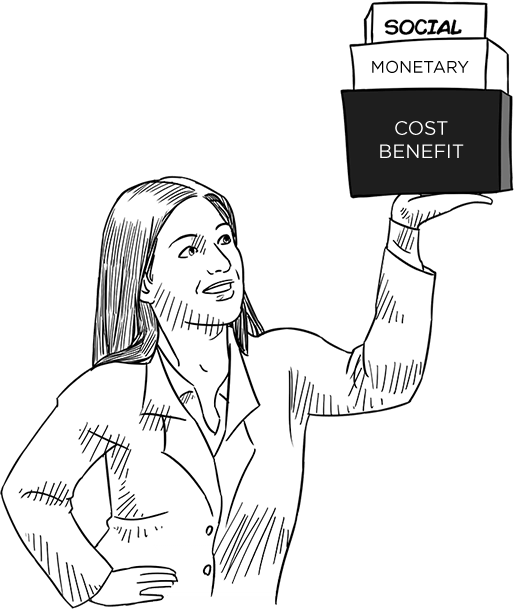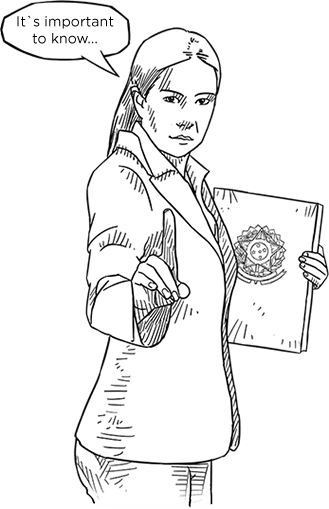Principles, rules, characteristics and conditions of public calls
From what we could tell from the previous topic, a Public Call contemplates principles of:
- Legality: Law no. 11,947/2009 competes the FNDE to institutionalize general rules of planning, execution, inspection, monitoring and evaluation of the PNAE. In this sense, there are Resolution publications that establish Public Calls as administrative instruments for the selection of specific proposals for the acquisition of foodstuffs from Smallholder Farming and/or Smallholder Entrepreneurs and their organizations.
- Legitimacy: refers to the criteria that allows the activity’s operator to claim that he or she is in accordance with law and, therefore, can deploy that obligation to others. Thus, considering the FNDE´s competence to regulate operational procedures for the PNAE, the Public Call stands as an instrument for the acquisition of foodstuffs from smallholder farming to the PNAE, exempting the need of a bidding procedure (civil service exam).
- Economic: refers to the judicial basis, to the economy of natural resources and economic and social characteristics that guide it.


About the economic principle, it’s important to notice that the cost-benefit ratio of the public sector refers not only to the cost-benefit ratio in monetary terms, but also to the social cost-benefit ratio of public policies.
As you can see, a public call is an instrument of sustainable public purchase strategies, which guarantees healthy food to public school students, among other things. The Executive Entities may conduct more than one public call per year for reasons of convenience and opportunity, due to:
- Goods seasonability;
- Weather events or any other issues.


FOOD FOR THOUGHT
Have you wondered about these issues before?
Think about what you have studied, write your notes and discuss your doubts and opinions with colleagues.

